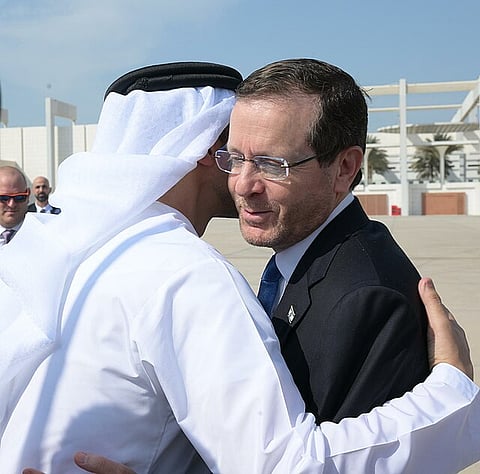

The United Arab Emirates has declared it will not participate in the proposed international stabilisation force for Gaza, citing a lack of clear legal and operational framework. This decision highlights significant Arab concerns that the US-led plan risks perpetuating the Israeli occupation rather than paving the way for Palestinian sovereignty .
The announcement was made by Dr. Anwar Gargash, a diplomatic adviser to the UAE president, at the Abu Dhabi Strategic Debate. He stated that without a clear framework for the stability force, the UAE would not take part . This stance reflects deep-seated concerns about the force's legitimacy and purpose. International law explicitly forbids foreign troops from entering an occupied territory without explicit Palestinian consent; otherwise, the force would be seen as coercive and would effectively stabilise an unlawful Israeli occupation . The US draft resolution makes no reference to a Palestinian state or a two-state solution, which are central to the long-held positions of Arab nations . For the UAE, the Gaza peace plan, while "imperfect, but significant," must be a beginning that charts a "clear horizon towards a two-state solution" .
The UAE's refusal is part of a broader pattern of regional skepticism towards the proposed force. Key Arab and Muslim-majority countries have also expressed reservations or outright refused to participate under the current conditions . Jordan's King Abdullah of Jordan has stated that Jordanian troops will not join the force . While Turkey played a crucial role in negotiations and initially considered participating, Israel has adamantly ruled out accepting Turkish armed forces in Gaza . Once considered a potential contributor, Azerbaijan did not attend a planning meeting and said it would not contribute unless a full ceasefire was in place.
This growing list of rejections risks creating a security vacuum.
The US-drafted resolution proposes a force with a broad and controversial mandate, which is a key source of the objections. The draft defines the force's purpose as disarming Hamas and ensuring the "demilitarising the Gaza Strip," including the destruction of its military infrastructure . It would be authorised to "use all necessary measures", language that permits the use of force . Crucially, the force would not report to the United Nations but would be answerable to a "Board of Peace" chaired by former US President Donald Trump . This structure, combined with a mandate that potentially spills into governance, has led to fears that the force would act as an arm of the US and Israeli security policy rather than a neutral UN-backed entity .
The UAE's decision occurs within the complex framework of its normalization with Israel under the Abraham Accords. Signed in 2020, the Accords were a landmark diplomatic achievement for the Trump administration, leading to peace agreements between Israel, the UAE, and Bahrain . However, analysts note that the Accords were largely a security compact that sidelined the Palestinian issue, offering Israel regional recognition without requiring it to relinquish occupied land or make concessions for Palestinian statehood . The Gaza conflict has intensified public sympathy for the Palestinian cause across the Arab world, increasing the political cost of normalization . By refusing to join the force without a clear path to Palestinian statehood, the UAE is signaling that even for Abraham Accords signatories, the Palestinian question remains a central and unresolved issue that cannot be bypassed .